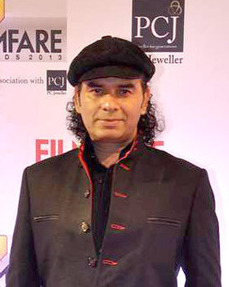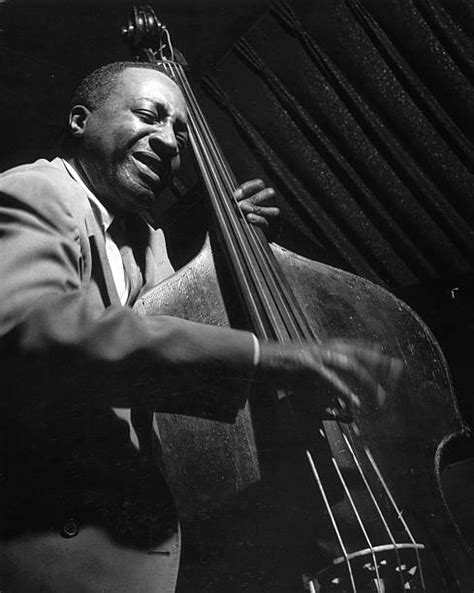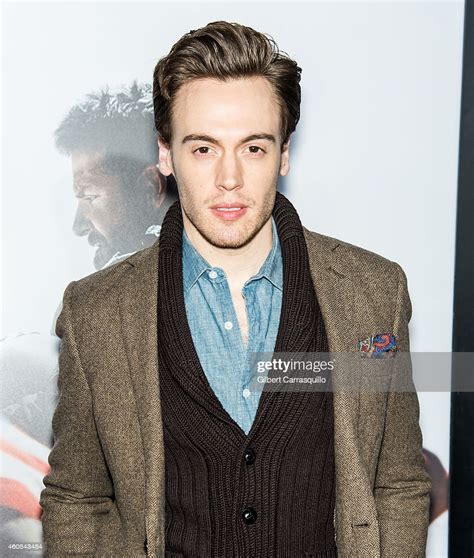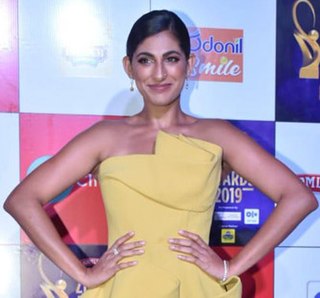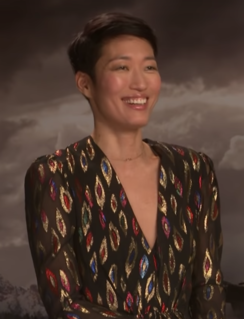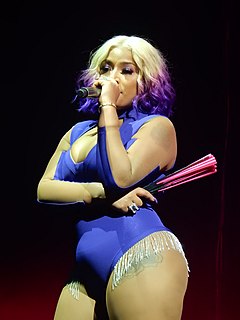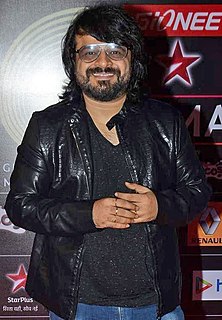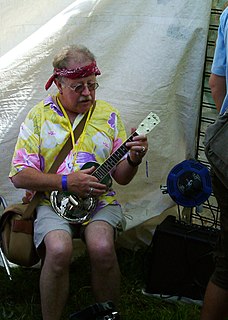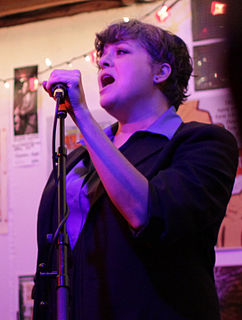A Quote by Mohit Chauhan
As I was born and brought up in Himachal Pradesh, I used to listen to a lot of Hindi songs over radio apart from ghazals, western music, and 'Himachali' folk songs.
Related Quotes
I've always loved the songs of the sea. I was first introduced to them back in 1957, at the Old Town School of Folk Music. I used to go to Pete Seeger concerts, and he would do songs like 'Ruben Ranzo' and talk about how the sailors sang songs to do their work - to raise the anchors, pull up the sails and that sort of thing.
He [Alan Lomax] started right off trying to find people who could introduce folk songs to city people. He found a young actor named Burl Ives and said, "Burl, you know a lot of great country songs learned from your grandmother, don't you know people would love to hear them?" He put on radio programs. He persuaded CBS to dedicate "The School of the Air" for one year to American folk music. He'd get some old sailor to sing an old sea shanty with a cracked voice. Then he'd get me to sing it with my banjo.
I used to listen to music from the frosting down. As a word nerd, lyrics are really important to me, and then the melody. Playing in the Rock*A*Teens was the first time I ever heard music from the bottom up. I was hearing songs I'd heard a million times on oldies radio, and I'd be like, "Wow, listen to what the bass is doing!" When I was first singing in bands, I'd just get out there with my machete, wildly whacking away at the foliage. But you learn how to listen. When I feel I'm doing it right, it's 90% listening and 10% output. It's not "look what I can do!"
